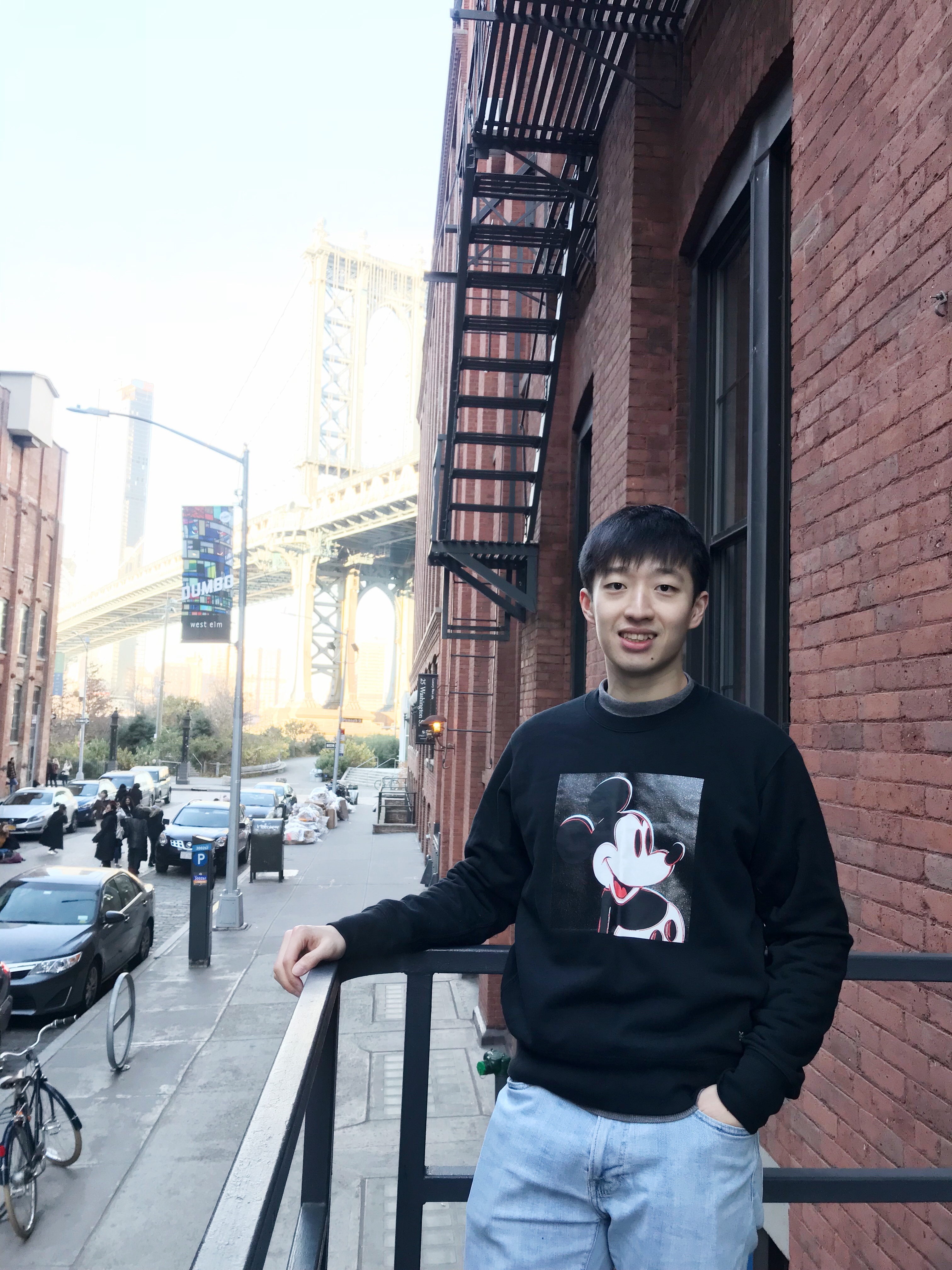
- This event has passed.
Ruihao Zhu — Hedging the Drift: Learning to Optimize under Non-Stationarity
June 21, 2019 @ 3:00 pm – 4:00 pm

Abstract: We introduce general data-driven decision-making algorithms that achieve state-of-the-art dynamic regret bounds for non-stationary bandit settings. They capture applications such as advertisement allocation and dynamic pricing in changing environments. We show how the difficulty posed by the (unknown a priori and possibly adversarial) non-stationarity can be overcome by an unconventional marriage between stochastic and adversarial bandit learning algorithms. Our main contribution is a general algorithmic recipe that first converts the rate-optimal Upper-Confidence-Bound (UCB) algorithm for stationary bandit settings into a tuned Sliding Window-UCB algorithm with optimal dynamic regret for the corresponding non-stationary counterpart. Boosted by the novel bandit-over-bandit framework with automatic adaptation to the unknown changing environment, it even permits us to enjoy this optimal (or a nearly optimal) dynamic regret in a (surprisingly) parameter-free manner. In addition to the classical exploration-exploitation trade-off, our algorithms leverage the power of the “forgetting principle” in their online learning processes, which is vital in changing environments. We further conduct extensive numerical experiments on both synthetic data and the CPRM-12-001: On-Line Auto Lending dataset provided by the Center for Pricing and Revenue Management at Columbia University to show that our proposed algorithms achieve superior dynamic regret performances. Please refer to: https://papers.ssrn.com/sol3/papers.cfm?abstract_id=3261050 for the full paper.
Bio: Ruihao Zhu (https://sha.cornell.edu/faculty-research/faculty/rz383/) is a third year PhD student at the MIT Statistics and Data Science Center, advised by Prof. David Simchi-Levi. He focuses on understanding the fundamental properties as well as the design principles of data-driven decision-making systems that operate under uncertainties. As part of it, he is broadly interested in the interplay among statistical machine learning, optimization, and operations research, with applications on revenue management, healthcare operations, and service systems.